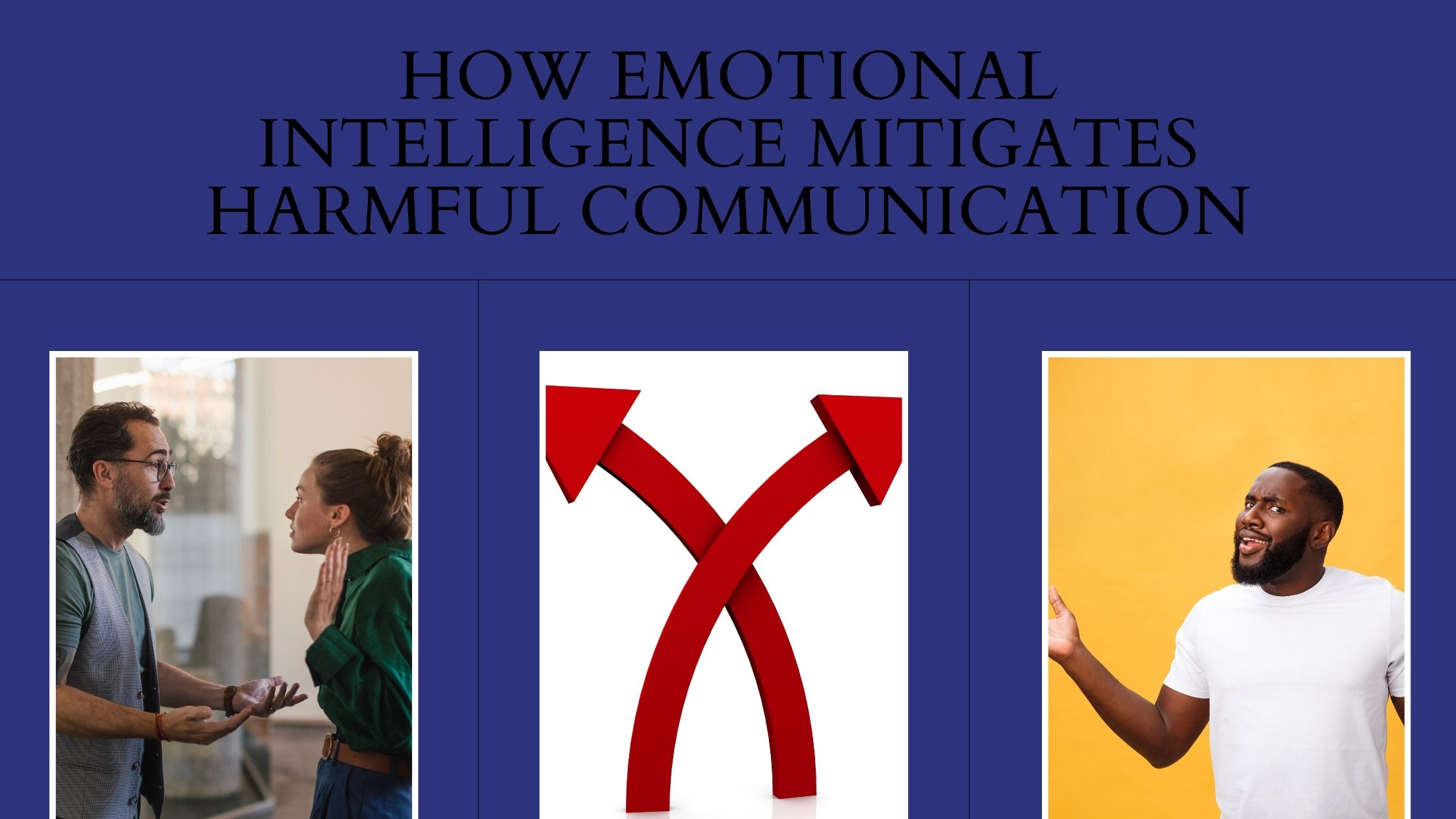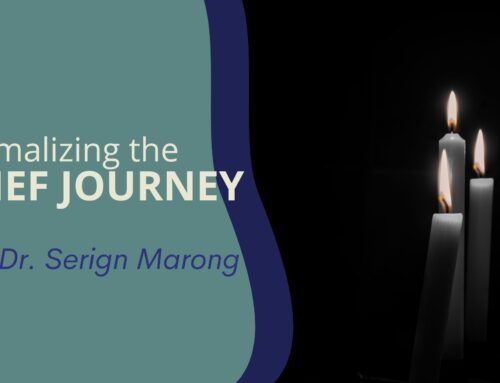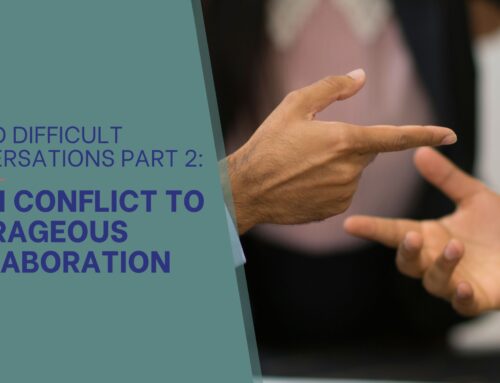
SHOW NOTES
In this week’s Mind ReMapping Moment, we talk about how emotional intelligence mitigates harmful communication. As we explore emotional intelligence, I want to emphasize its timeless nature and often overlooked significance, both at the organizational and individual levels. Even as awareness of emotional intelligence grows, the hustle and bustle of daily life often leads us to default to our primal instincts. In these moments, the ability to create a pause between instinct and reaction becomes crucial. Emotional intelligence, or what I like to call emotional fluency, comes into play here.
Let’s zoom in on emotional regulation, a key component of emotional intelligence. This skill involves inserting a pause between experiencing an emotion and reacting to it. Unchecked reactions can lead to significant harm, be it physical, emotional, or psychological. In personal relationships, the absence of this pause can result in emotional and psychological harm, especially in contexts like parent-child relationships or intimate partnerships. It’s essential to understand that modeling emotional regulation is crucial for the next generation, and many of us may not have learned this skill in our formative years.
Disagreements are inevitable in any partnership or business collaboration. However, these disagreements need not escalate into harmful communication. I often speak about psychological safety, particularly within organizations, and the harm that arises from an inability or unwillingness to emotionally pause and regulate oneself. I address the privilege some individuals may have in expressing their emotions without consequences and the need to hold everyone accountable for their emotional expressions.
From a generational standpoint, I share my personal experience growing up with parents from the baby boomer generation, where emotions were often felt but rarely discussed. The lack of context for emotional regulation during my upbringing contrasted with a professional environment where some could freely express their emotions in harmful ways. Whether one emotes outwardly or internalizes emotions, the ability to recognize and regulate them becomes paramount.
Techniques such as counting, taking a breath, or stepping away can create a crucial pause between emotion and reaction. The importance of personal anchors or phrases tailored to individual preferences is highlighted. I stress the significance of proactive brainstorming to be prepared for emotional situations, ensuring one stays ready to regulate emotions effectively. Communication, both verbal and nonverbal, underlies everything, and prioritizing the development of emotional intelligence is key for personal, communal, and organizational growth.
Follow Dr. Maiysha on social media
www.facebook.com/DrMaiysha
www.instagram.com/DrMaiysha
www.twitter.com/DrMaiysha
www.YouTube.com/DrMaiysha
Hosted by: Dr. Maiysha Clairborne
Check out my TEDx talk https://youtu.be/iOboT5uRhXU
Ready for the next level in your life? Join the Movement! Become a part of the Mind ReMapping Nation, an exclusive community that empowers your growth & accountability. Go to www.MindReMappingNation.com Interested to learn Mind ReMapping? Have you thought about becoming a coach? You can! Attend our next Mind ReMapping LIVE Training in Atlanta, and learn the tools to remap your mind in this transformational NLP/Hypnosis and Coach Certification training. Visit www.mindremappingacademy.com or schedule an interest call at www.remapmymind.today









